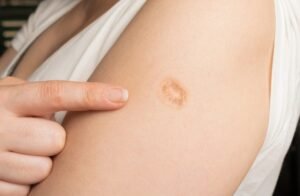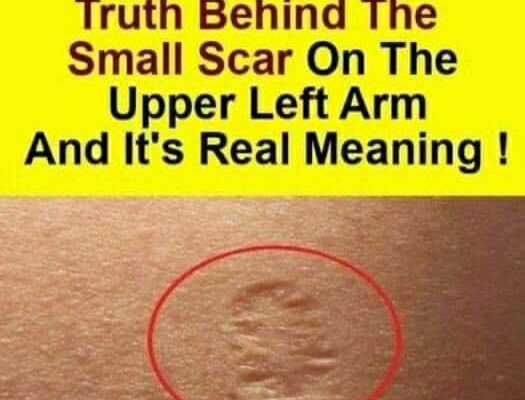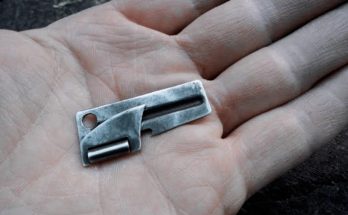When I was a child, I clearly remember noticing a scar on my mother’s arm. It was high up, near her shoulder, and looked like a ring of small indentations around a larger one. I’m not sure why it caught my attention back then, but it did. Over time, I forgot about it, as children often do with things that don’t seem important.
Of course, the scar didn’t go away, but I stopped thinking about it. Maybe I asked my mother about it once and she explained, but if she did, I forgot. It wasn’t until a few years ago that I thought about it again.
One summer, I helped an elderly woman off a train. As I assisted her, I noticed that she had the exact same scar in the same spot on her arm. My curiosity was immediately sparked, but with the train about to leave, I couldn’t ask her about it.

So, I called my mom, and she reminded me that she had told me many times about the scar’s origin. Apparently, the scar was from the smallpox vaccine.
Smallpox was a dangerous disease that once affected many people around the world. It caused a bad rash and fever, and during the worst outbreaks, it killed about 3 out of 10 people. Many others were left scarred for life.
Thanks to the smallpox vaccine, the virus was officially declared “extinct” in the U.S. in 1952. By 1972, smallpox vaccines were no longer part of routine vaccinations. But before then, all children received this vaccine, which left behind a noticeable scar. It was like a vaccine passport, a mark that showed you had been vaccinated against smallpox.
And that’s the scar my mother has, just like many others in her age group.
Why does the smallpox vaccine leave a scar?
The scar happens because of the way the vaccine was given. Unlike most modern vaccines, the smallpox vaccine was administered using a special two-pronged needle. The person giving the vaccine would make several small punctures in the skin, delivering the vaccine into the dermis, which is the layer of skin beneath the surface.
Once the vaccine was inside, the virus began to work, causing small bumps to form on the skin. These bumps would eventually turn into blisters filled with fluid. Over time, these blisters would burst, scab over, and leave a scar as the body healed.



